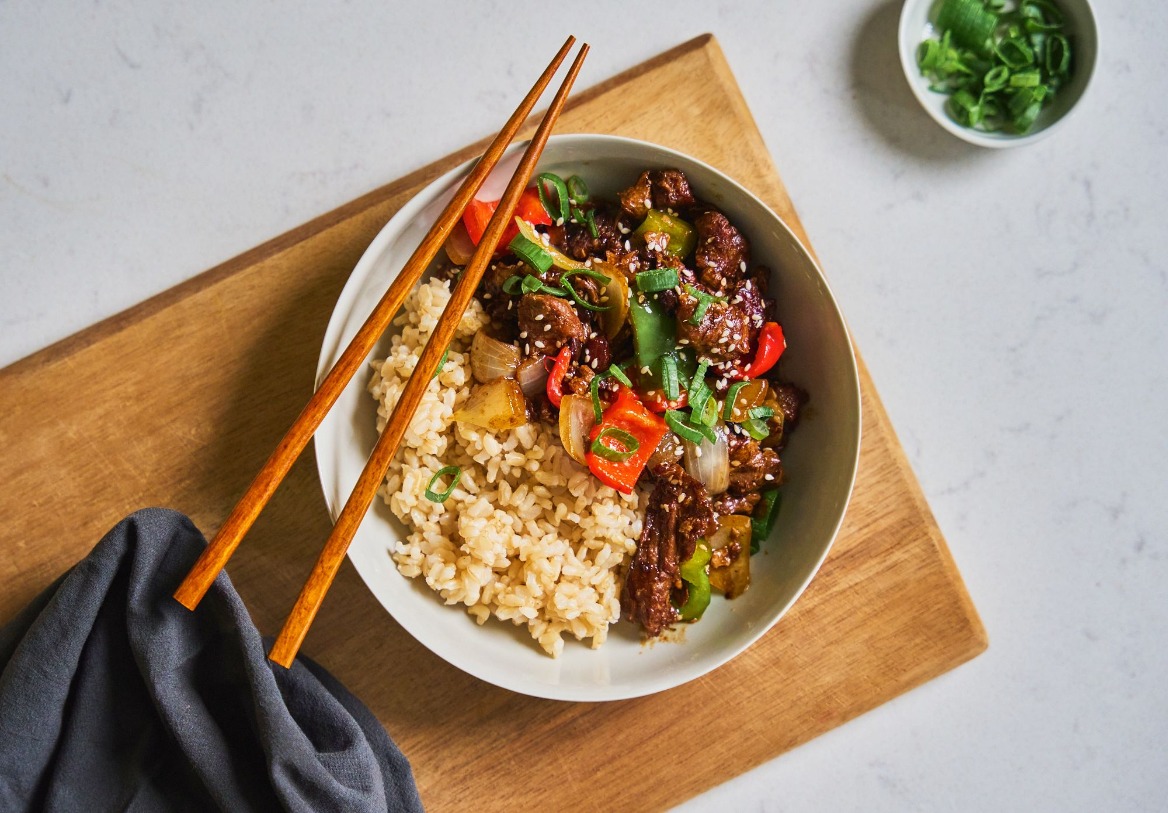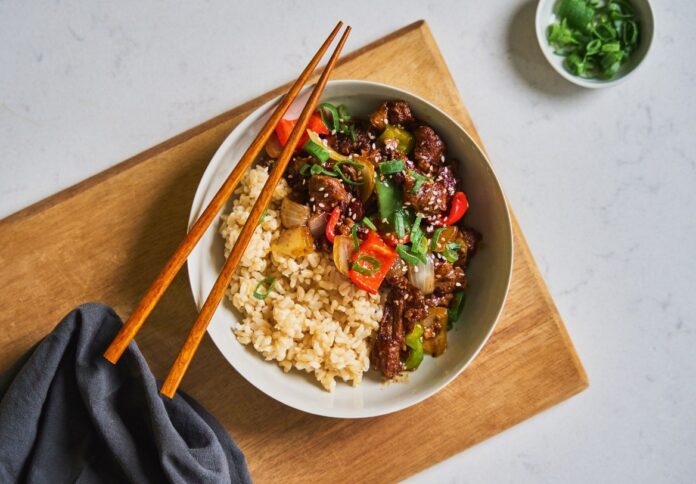Australian food manufacturer unveils world-first protein products – Australian Manufacturing

- by Admin
- April 17, 2024


Australian food manufacturer Harvest B is set to introduce two blended diced meat products to the market to elevate the nutritional value and affordability of animal meats while bolstering sustainability and broadening access to protein for a wider customer base.
In a media release, Harvest B said it will collaborate with the animal protein industry to unveil a novel Australian-made diced meat blend, featuring an unprecedented 50:50 ratio of animal to plant protein.
These slow-cooked products, designed for ease of use in the food service sector, address various challenges impacting food supply, including health concerns, inflation, climate issues, and geopolitical factors.
The diced beef and lamb products aim for 30 per cent more protein yield per serving, enhanced fibre content, retained levels of iron and B12, and a halved cholesterol, total, and saturated fat content compared to conventional 100 per cent meat products.
Additionally, they contribute to a reduction of paddock-to-plate emissions by up to 46 per cent.
Kristi Riordan, CEO and co-founder of Harvest B, emphasised the company’s commitment to addressing key issues facing the global food industry.
“Our diced meat blends do not sacrifice taste or texture. You still have the same great tasting meat product but with half the saturated fat and cholesterol, more fibre, iron and vitamin B-12 but at a cost per serve value that is 30 per cent better than current protein products – this is a win-win for consumers and the food service industry,” the CEO explained.
Meanwhile, Alfred Lo, COO and co-founder of Harvest B, highlighted the company’s innovative approach to sustainable protein production.
According to him, by utilising technology to create plant proteins with meat-like textures and blending them with animal proteins, Harvest B minimises waste, packaging, and transport costs.
This approach bridges the gap between conventional meat and vegetarian products, appealing to a broader consumer base.
“Harvest B believes the path to a more sustainable food industry needs all consumers to be active participants of the journey,” Lo remarked.
He added, “By narrowly focussing on meat-free consumers we have left such a huge consumer base on the sidelines – this needs to change.”
The Latest News
-
December 23, 2024Aussies complete series clean sweep against New Zealand
-
December 23, 2024Annabel Sutherland’s sizzling summer continues as Australia ease to win over New Zealand
-
December 23, 2024BREAKING: Aussie grand slam champ accepts anti-doping ban
-
December 23, 2024Kyrgios return ‘super exciting’ for Australian tennis says Alex de Minaur
-
December 23, 2024‘Got some good bants’: Hilarious stump mic warning as Konstas plots secret Bumrah counter




